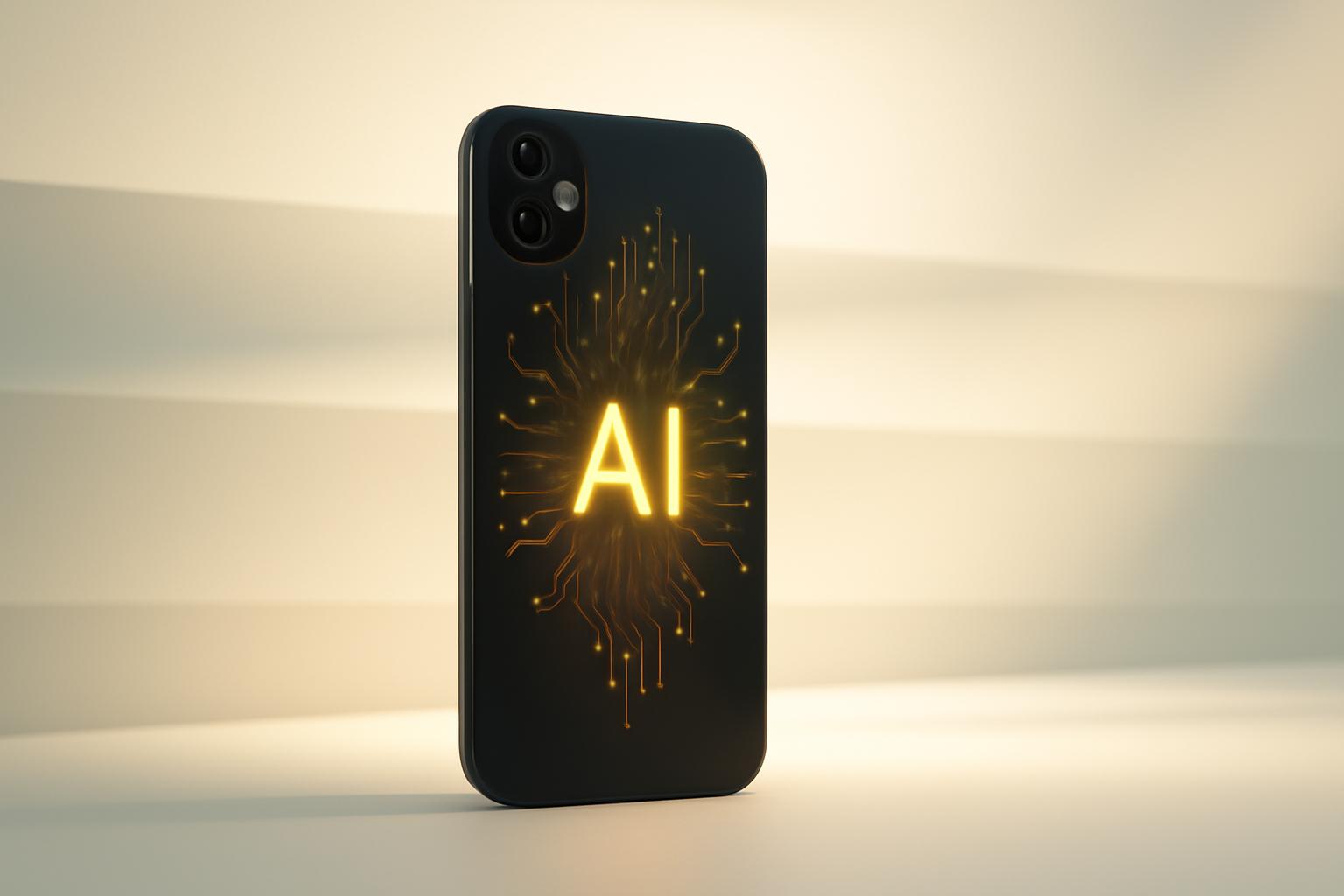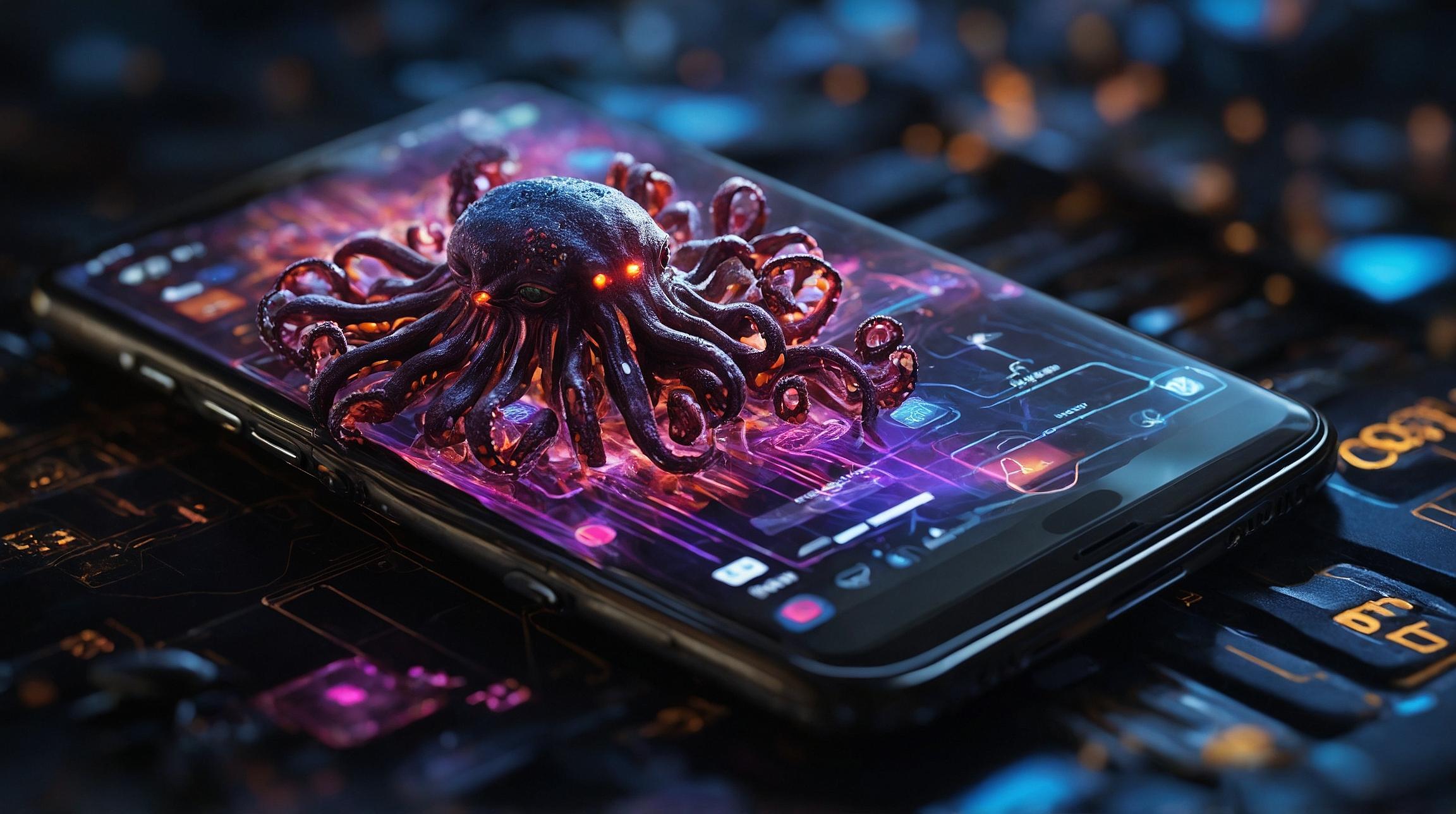Apple’s iPhone 17 Launch Focuses on Hardware Amid AI Integration Delay
At its recent event, Apple introduced the iPhone 17 lineup—including the iPhone 17, 17 Pro, 17 Pro Max—and a new slimmed-down model called the iPhone Air. The “Air” designation evokes Apple’s tradition of lightweight products like the MacBook Air and iPad Air, but in the current AI-driven landscape, device thinness is less critical than the capabilities of the software powering the phone.
Apple’s presentation revealed minimal emphasis on artificial intelligence. References to AI were limited to updates initially announced at the June Worldwide Developers Conference (WWDC), such as Visual Intelligence and on-device AI models, and enhancements to camera features like Center Stage on the iPhone 17’s front camera. The most notable AI advancement highlighted was the AI-powered Live Translation feature debuting on the AirPods 3, rather than on the new iPhone devices.
Notably absent was any mention of Siri, Apple’s digital assistant, including any AI-powered updates. Industry observers have criticized Apple’s lag in AI development compared to competitors like Google, which recently launched its AI-enhanced Pixel 10 smartphone. Apple’s AI-driven Siri upgrade has reportedly been postponed until 2026, leaving iPhone users waiting for a digital assistant capable of handling complex queries and providing contextual insights without relying on external services like ChatGPT.
Third-Party AI Integration: A Strategic Opportunity
Reports suggest Apple is considering partnerships with third-party AI providers to accelerate its AI capabilities. Technologies such as Google’s Gemini may underpin future iterations of Siri, enabling Apple to leapfrog some internal development challenges. While this reliance on external AI could initially appear as a setback, it might ultimately benefit Apple and its customers.
Many iPhone users already prefer Google’s ecosystem—using Gmail, Google Drive, Docs, Maps, and Chrome over Apple’s native apps. Integrating Google’s or other third-party AI technologies directly into Apple devices could offer a more seamless and powerful user experience, blending Apple’s hardware excellence with leading AI innovation.
This approach allows Apple to maintain its focus on hardware quality, privacy, and user experience, while sidestepping the significant investment and infrastructure demands required to develop proprietary AI at scale. Furthermore, it provides flexibility to adopt or switch AI models as the technology evolves rapidly.
Maintaining Apple’s Hardware-Centric Brand
Apple’s continued emphasis on hardware advancements—such as improved cameras, build quality, privacy features, and design innovations like Liquid Glass—ensures that the iPhone remains a premium product. By positioning itself primarily as a best-in-class hardware manufacturer rather than an AI-first company, Apple can sustain consumer demand and loyalty without sacrificing access to cutting-edge AI functionality.
However, this strategy hinges on Apple’s ability to successfully integrate third-party AI into Siri or potentially acquire AI companies to bolster its offerings. Should Apple choose to rely solely on its current AI capabilities without significant enhancements, it risks falling further behind competitors in an increasingly AI-driven market.
As AI continues to reshape the smartphone industry, Apple’s next moves in this space will be critical to watch.
Originally reported via techcrunch.com
FinOracleAI — Market View
Apple’s decision to delay an AI-powered Siri while exploring third-party AI integration represents a strategic pivot rather than a setback. This approach reduces immediate R&D costs and leverages established AI platforms to enhance user experience. However, the risk lies in potential delays or failures in partnership execution, which could widen the competitive gap in AI capabilities.
Investors should monitor announcements regarding AI partnerships or acquisitions closely, as well as Apple’s AI feature rollout timeline. The company’s strong hardware reputation continues to drive sales, but AI integration will be increasingly vital to maintain market leadership.
Impact: neutral













